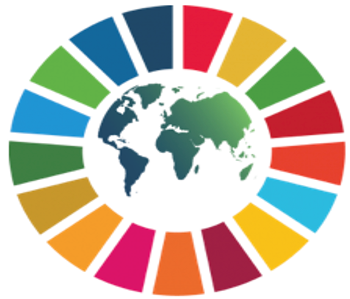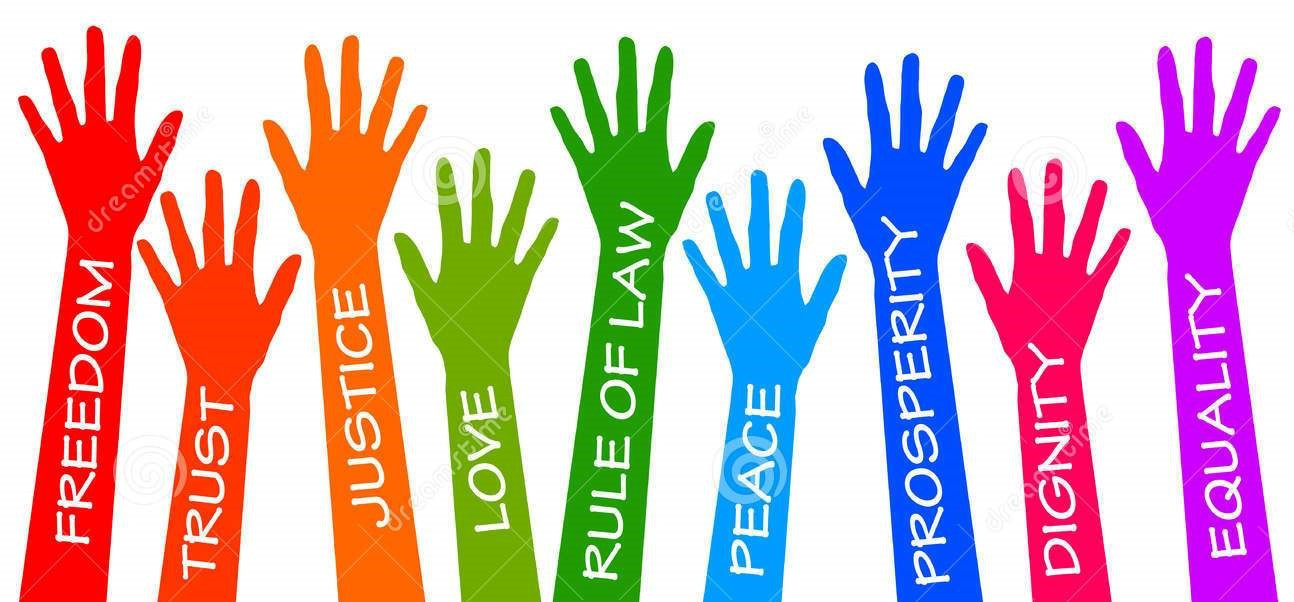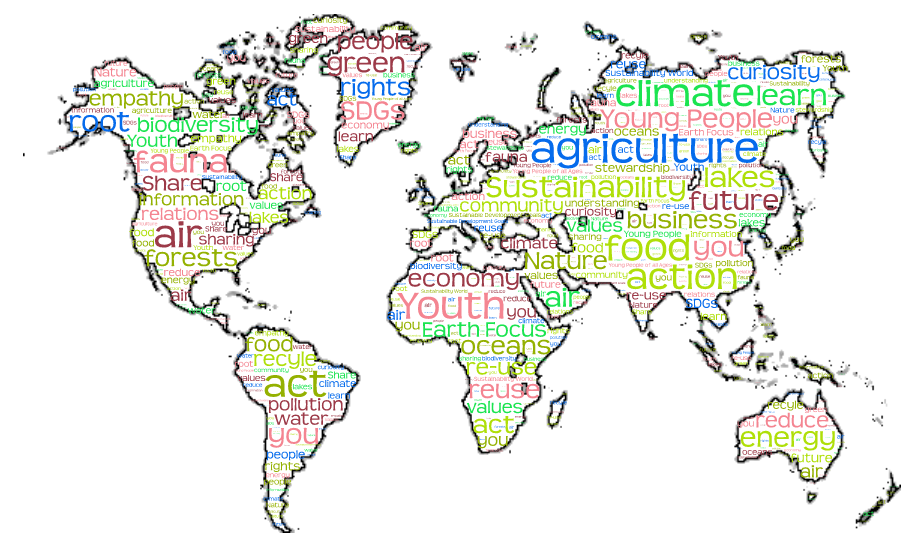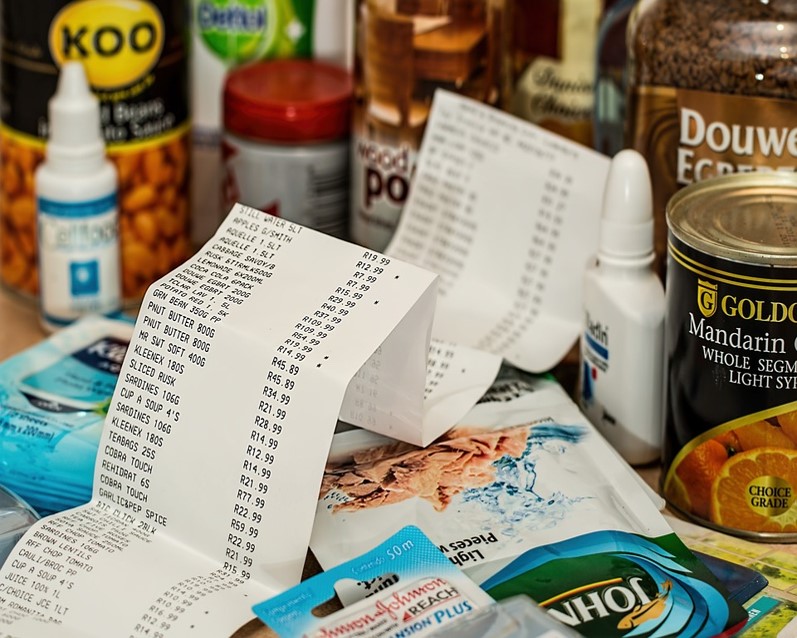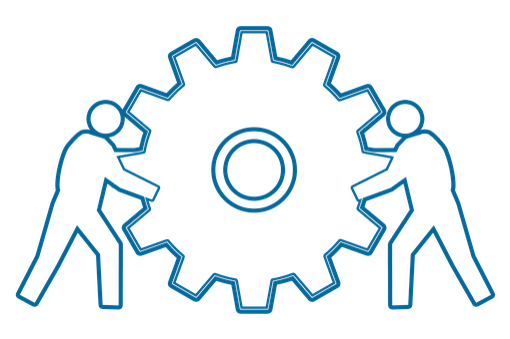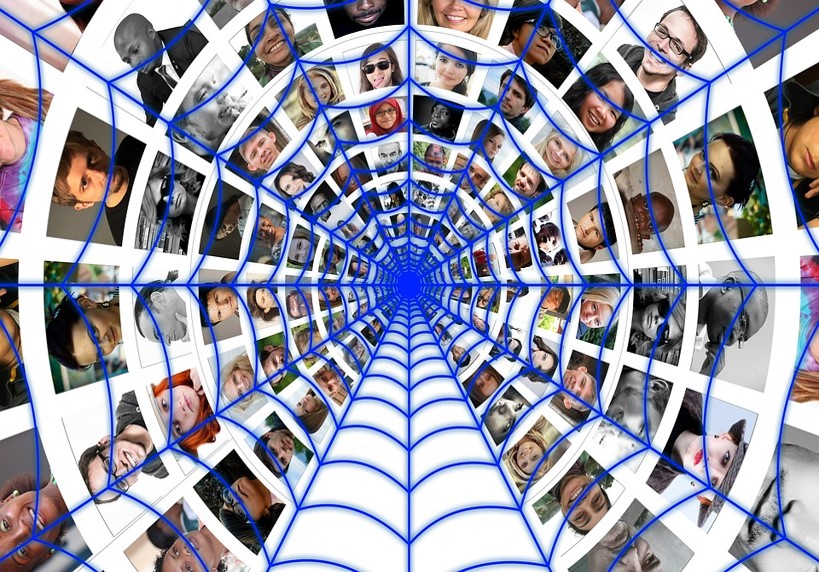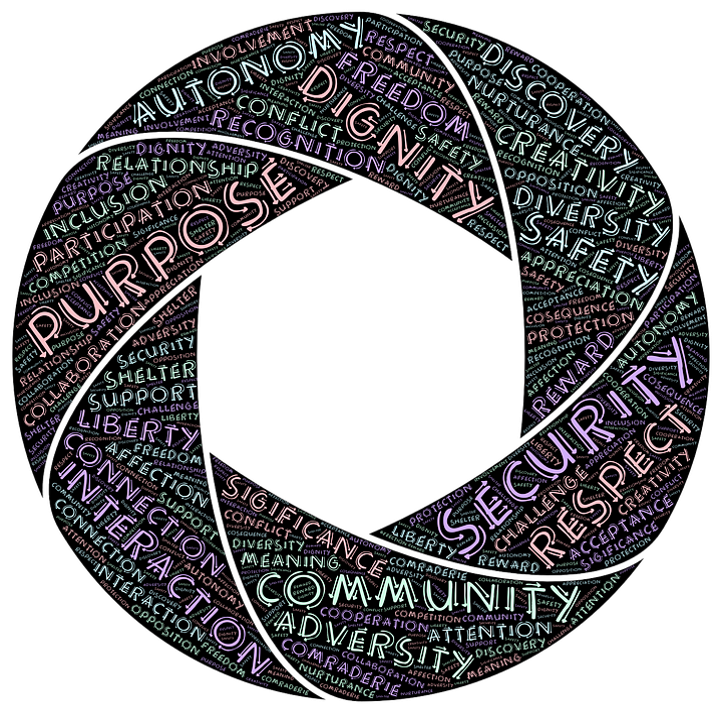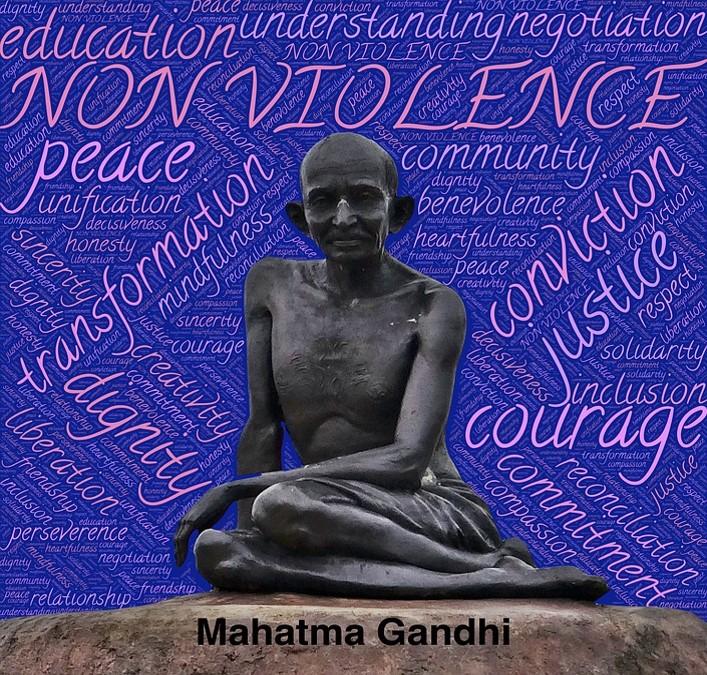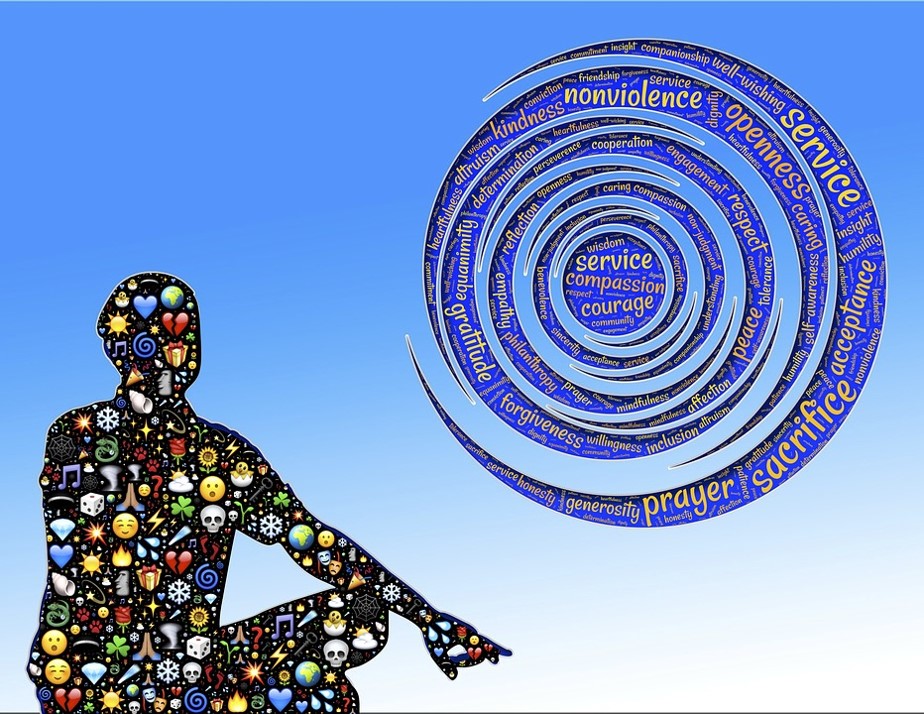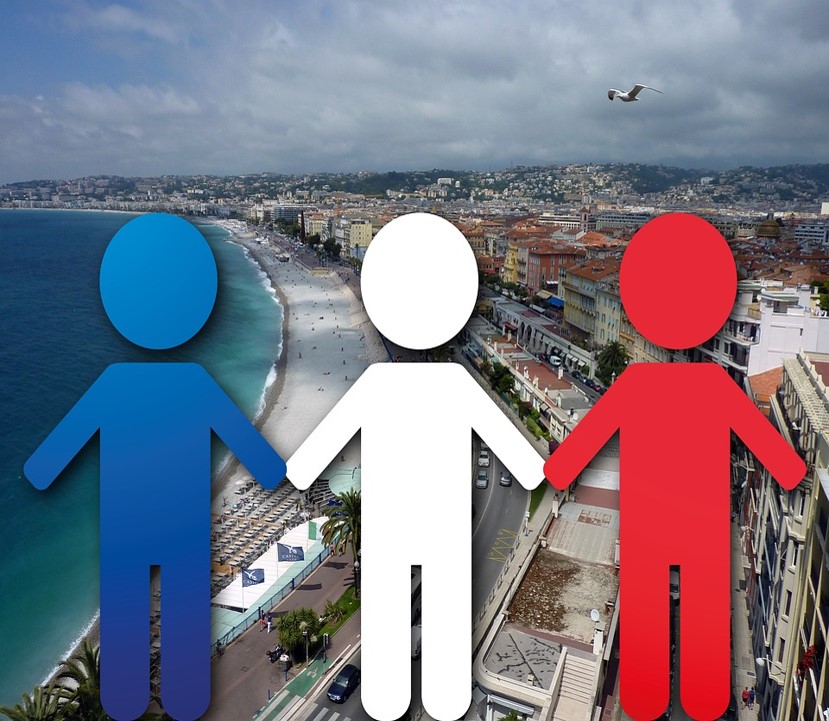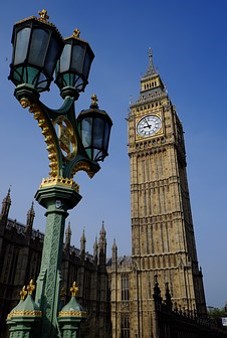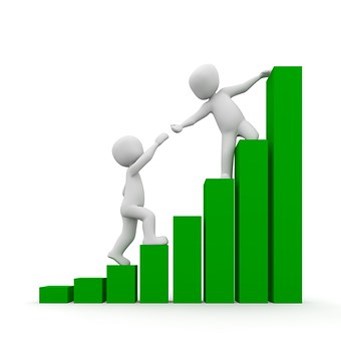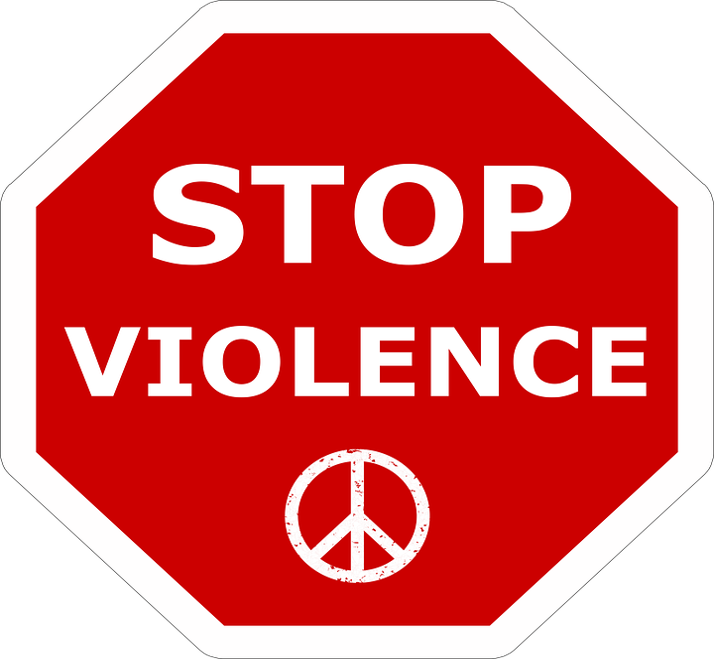Values
- Beliefs
- Accountability…
- Consumption & consumerism…
- Cooperation…
- Dignity & respect…
- Empathy…
- Power & governance…
- Rights & duties…
- Values & norms…
- Violence…
Scroll down to see initial content on these topics. Much of it is, as yet, very rudimentary. Please share your ideas on these topics with us using the form you will find here.
Beliefs
Share your experience and ideas:
- What do you understand by ‘belief’?
- What, to you, is the relationship between beliefs and sustainable living?
- How do beliefs influence – positively or negatively – the possibility of progress towards the SDGs and the general well-being of people and our planet? (Please provide practical examples)
Other Social Dimensions
More about Beliefs
- Did you know ?
- Ancient wisdom
- What’s the problem ?
- Take action
- Learn more
- how we got to where we are
- current situation & trends
- related SDGs & links
- sustainability issues
- ways forward
- choices
- Blog
- Quiz
SW Community members are invited to send in information and examples of:
- The importance of beliefs for achieving sustainability and the Global Goals (the SDGs of Agenda 2030), including social justice.
- How “beliefs” have been interpreted in particular contexts.
- How particular individuals, organizations, commercial enterprises and governments have been held to account for harm they have inflicted on people, communities and the environment (or have not, and why).
Please contact us with information attached to your email.
Accountability
Accountability is taking responsibility for actions or decisions, and being able to justify them. It involves reporting and telling what you have done, how it was done and what the results are.
The obligation of an individual or organization to account for its activities, accept responsibility for them, and to disclose the results in a transparent manner. It also includes the responsibility for money or other entrusted property. [businessdictionary.com]
For an individual or an organization (whether private or public/governmental) it includes reporting on how money and other goods and resources are used.
So, an individual who receives money to be used for a particular purpose is normally required to provide an account of how the money was spent (and to return any that was not used). Organizations are normally required to publish financial accounts at regular intervals, usually each year, and they have staff assigned to keep financial records up to date. They also have stock management systems to keep track of materials received, used and issued, and produce dispatched.
But accountability also includes being answerable for the effects one’s actions and decisions have on other people.
In countries with strong legal systems, individuals, organizations, businesses and governments are, in principle, held to account by the courts when their actions or decisions inflict harm on particular individuals or population groups or result in specific negative impacts on water, soil or air quality, or other elements of the natural environment. But these controls are not everywhere effective and many individuals, organizations, commercial enterprises and governments have not been held to account for the harm they have inflicted on people, communities and the environment in many countries.
These deficiencies have been receiving increased attention in recent years in many different areas of activity, largely as a result of the efforts of civil society groups and NGOs. Ex amples include:
- The campaign, starting in the 1970s, for the recognition of “Ecocide” as an international crime.
- The emergence in the 1990s of “Do No Harm” as a core principle of international humanitarian and development programming.
- The emergence in the late 1990s of proposals for “Triple-Bottom-Line” reporting, and of the “Global Reporting Initiative” and framework, encouraging companies to report on the social and environmental outcomes of their operations in addition to the usual financial results.
- The trial for human rights abuses of the agro-chemical company Monsanto before an international citizen’s court in The Hague in 2016. [https://corporateeurope.org/food-and-agriculture/2017/04/monsanto-tribunal-outcomes]
Ideally, accountability includes taking account of the views of people likely to be affected by actions and decisions before those actions or decisions are taken.
In the humanitarian aid sphere, a core principle is ‘Accountability to Affected Populations’ which involves an active commitment to take account of, give account to, and be held to account by the people that humanitarian organizations seek to assist. [http://www.fao.org/emergencies/fao-in-action/accountability-to-affected-populations/en/]
Å See: https://interagencystandingcommittee.org/accountability-affected-people
Note: A more detailed, academic discussion of accountability in different contexts can be found in Wikipedia:
Accountability is critical for achieving sustainability and the Global Goals including social justice.
The sustainable development goals (SDGs) and associated targets of Agenda 2030 refer to the need for “accountable and inclusive institutions at all levels” (SDG 16), “accountable and legitimate institutions (target 10.6) and “accountable and transparent institutions” (target 16.6). Under SDG 17 – “Strengthening the means of implementation…”, the final element is entitled “Data monitoring and accountability” (but there is actually nothing on accountability!).
In fact, without adequate systems of accountability everywhere it is unlikely that any of the goals and targets will be achieved, in particular the “peaceful and inclusive societies” called for under SDG 16 on which progress towards all the other social, economic and environmental goals depend. Inadequate accountability, at individual, corporate and governmental levels everywhere, is an important underlying cause of many of the sustainability issues and social, economic and environmental problems observed around the world today.
SW Community members are invited to send in information and examples of:
- The importance of accountability for achieving sustainability and the Global Goals (the SDGs of Agenda 2030), including social justice.
- How “accountability” has been interpreted in particular contexts.
- How particular individuals, organizations, commercial enterprises and governments have been held to account for harm they have inflicted on people, communities and the environment (or have not, and why).
Please contact us with information attached to your email.
Consumption
‘Consumption’ (as used here) refers to what we buy and use up. It’s the goods and services that we absorb. Consumption is what drives the economy and provides employment but, at the same time, uses up natural resources and energy, and often results in waste materials that are discarded, and various forms of pollution.
‘Consumerism’ refers to the behaviour of many people in the world today whose life styles focus on buying and accumulating material goods and who always want to possess latest products.
What “Transforming our World – Agenda 2030” says about consumption …
In the preamble; “We are determined to protect the planet from degradation, including through sustainable consumption…”
In the declaration (#9) governments commit to “A world in which consumption and production patterns and use of all natural resources – from air to land, from rivers, lakes and aquifers to oceans and seas – are sustainable”, and (#28) “Governments, international organizations, the business sector and other non-State actors and individuals must contribute to changing unsustainable consumption and production patterns”
SDG #12 is “Ensure sustainable consumption and production patterns” and target 8.4 is “Improve progressively, through 2030, global resource efficiency in consumption…”
The real issue is not consumption itself but its patterns and effects.
“Today’s consumption is undermining the environmental resource base. It is exacerbating inequalities. And the dynamics of the consumption-poverty-inequality-environment nexus are accelerating. If the trends continue without change — not redistributing from high-income to low-income consumers, not shifting from polluting to cleaner goods and production technologies, not promoting goods that empower poor producers, not shifting priority from consumption for conspicuous display to meeting basic needs — today’s problems of consumption and human development will worsen.” [1]
In 1995, “…the 20% of the world’s people in the highest-income countries account for 86% of total private consumption expenditures — the poorest 20% a minuscule 1.3%”. [1]
In 2005, the 20% of the world’s richest people accounted for almost 77% of consumption — the poorest 20% consumed 1.5% [2].
In 2010, the 20% of the world’s richest people accounted for ~46% of consumption — the poorest 20% consumed ~2.5% [3].
So it appears that the richest quintile’s consumption is decreasing; however the poorest quintile’s is not increasing at any great rate.
- [1] UNDP, Human Development Report 1998 Overview
- [2] Global Issues, Consumption and consumerism
- [3] World Bank, 1.3 Distribution of income or consumption
Share your experience and ideas:
- What drives consumerism?
- How would you characterize your consumption habits and those of other people in your community?
- What are the consumption and consumerism challenges related to sustainable development? (Please give practical examples)
- The relevance – and importance? – of consumption and consumerism to achieve sustainability and the Global Goals (the SDGs of Agenda 2030), including social justice.
- How “consumption and consumerism” have been interpreted in particular contexts.
- How particular individuals, organizations, commercial enterprises and governments have been held to account for harm they have inflicted on people, communities and the environment.
- Specific cases where individuals, organizations, commercial enterprises and governments have not been held to account for harm they have inflicted on people, communities and the environment, and why.
Cooperation
Why cooperation is important and what cooperation is needed for sustainable development?
How cooperation is addressed in the SDGs?
Share your experience and ideas:
- What drives cooperation ?
- How would you characterize your habits of cooperation and those of other people in your community?
- What are the challenges of cooperation related to sustainable development? (Please give practical examples)
Dignity & respect
What is dignity, what is respect?
How the issues of dignity and respect are addressed by the SDGs?
Share your experience and ideas:
- What motivates us and others to have and give dignity and respect ?
- How would you characterize habits of dignity and respect you practice and those of other people in your community ?
- What are the challenges of dignity and respect are related to sustainable development ? (Please give practical examples)
Empathy
What is empathy?
What is the role of empathy in sustainable development?
How empathy has positive impact of sustainable development and SDGs (please provide practical examples)?
Power & governance
How power and governance are linked to the sustainable development concept and practice?
What is the role of governance for sustainable development?
What key governance issues are influencing the progress towards SDGs and sustainable development?
Rights & duties
How power and governance are linked to the sustainable development concept and practice?
How rights and duties are linked to the sustainable development concept and practice?
What key issues concerning rights and duties are influencing the progress towards SDGs and sustainable development?
Values & norms
What are values and wat are norms?
What key values and norms are influencing the progress towards SDGs and sustainable development?
Violence
How violence can be linked to sustainable development?
How the issues of violence are addressed by the SDGs?
